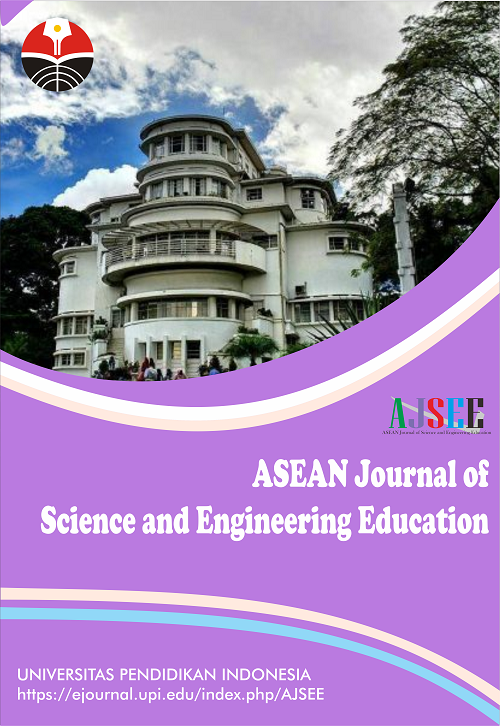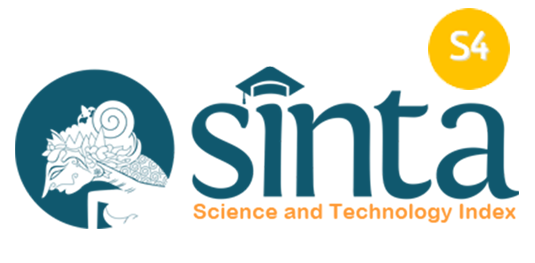Design of VHDL for MPPT Incremental Conductance on FPGA with Altera DE2-115 Development Board for Educational Purposes
Abstract
Keywords
Full Text:
PDFReferences
Al Husaeni, D. N., and Hadianto, D. (2022). The influence of spada learning management system (LMS) on algorithm learning and programming of first grade students at Universitas Pendidikan Indonesia. Indonesian Journal of Multidiciplinary Research, 2(1), 203-212.
Br Ginting, S., Maulana, H., Priatna, R., Fauzzan, D., and Setiawan, D. (2021). Crowd detection using YOLOv3-tiny method and Viola-Jones algorithm at mall. International Journal of Informatics, Information System and Computer Engineering (INJIISCOM), 2(2), 13-22.
Kabalci, E. (2017). Maximum power point tracking (MPPT) algorithms for photovoltaic systems. Energy Harvesting and Energy Efficiency: Technology, Methods, and Applications, 37, 205-234.
Riza, L. S., Rosdiyana, R. A., Pérez, A. R., and Wahyudin, A. (2021). The K-Means algorithm for generating sets of items in educational assessment. Indonesian Journal of Science and Technology, 6(1), 93-100.
Sahu, P., and Dey, R. (2022). Maximum power point tracking using adjustable gain based model reference adaptive control. Journal of Power Electronics, 22, 138-150.
Samman, F. A., Srun, C., and Sadjad, R. S. O. (2019). Adaptive look-up table and interpolated pi gain scheduling control for voltage regulator using DC-DC converter. International Journal of Innovative Computing, Information and Control, 15(2), 489-501.
Saran, M. E. A. S., Channareth, S. R. U. N., Sokoeun, U. N., Son, T., Virbora, N. Y., and Saravuth, S. R. I. M. (2022). Optimization of an integrated hybrid onboard charger with high efficiency of mppt solar charger for sustainable energy of 3-wheel solar e-rickshaw and electric vehicles. International Research Journal of Innovations in Engineering and Technology, 6(1), 77.
Srun, C., Chrin, P., Am, S., and Kim, B. (2022). Modeling and simulation of a double-stage single-phase grid-connected PV system. EPI International Journal of Engineering, 5(1), 16-20.
DOI: https://doi.org/10.17509/ajsee.v4i1.57991
Refbacks
- There are currently no refbacks.
Copyright (c) 2023 Universitas Pendidikan Indonesia

This work is licensed under a Creative Commons Attribution-ShareAlike 4.0 International License.














